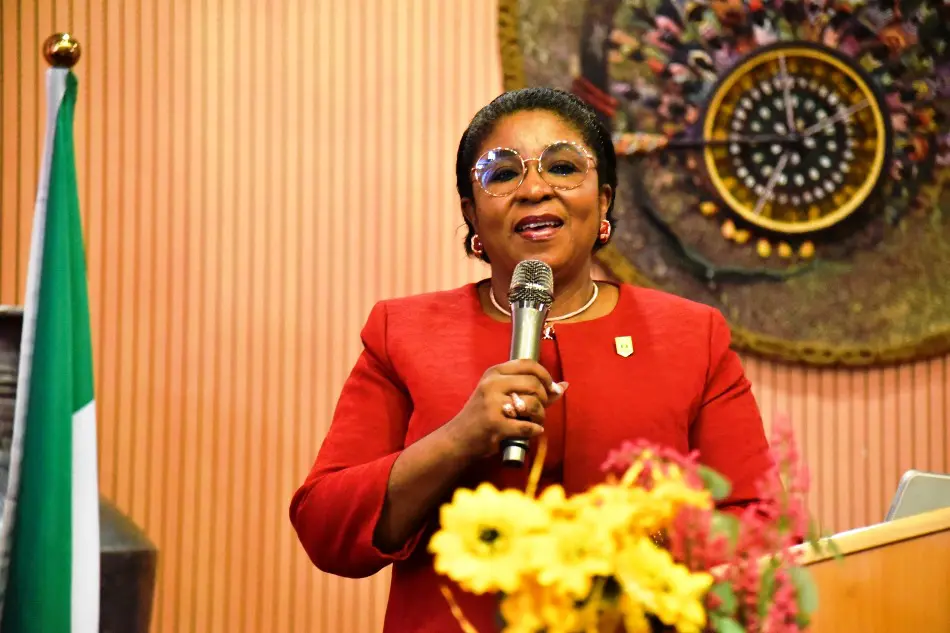Nigeria Launches Overhaul of Healthcare Policy for Civil Servants Amid Rising Costs and Service Gaps
In a move aimed at revitalizing the healthcare system for its civil servants, the Nigerian Government has announced plans to review and update its existing healthcare policy. This decision comes on the heels of a free medical screening exercise held in Abuja, where thousands of civil servants underwent comprehensive health checks as part of the 2025 Civil Service Week celebrations. The initiative, hailed as a success by participants and organizers alike, has brought to the forefront the urgent need for a more responsive and contemporary healthcare framework.
According to Mrs. Patience Oyekunle, Permanent Secretary of the Service Welfare Office, representing the Head of the Civil Service of the Federation, Mrs. Didi Walson-Jack, the current healthcare policy is outdated and fails to address the soaring cost of drugs and persistent gaps in healthcare delivery. “Health is wealth,” Oyekunle emphasized, noting that sound health reduces medical expenses and enhances productivity. She called for immediate policy reforms to ensure that civil servants receive quality care and access to essential medicines.
The medical screening exercise, which included tests for hepatitis B and C, malaria, typhoid, diabetes, and blood pressure, revealed several undiagnosed conditions among participants. Dr. Longbap Dinfa, Assistant Director at the Wellness Centre, reported that “we identified several undiagnosed conditions, including hepatitis, peptic ulcer, and malaria-typhoid infections.” One woman who collapsed during the exercise was treated promptly and is now stable, while more serious cases were referred to the National Hospital for specialist care.
Civil servants who took part in the exercise shared positive experiences, with Azeez Champion describing the process as well-organized and urging colleagues to take advantage of similar opportunities for regular health checks. Eneh Benedict, who was diagnosed with high blood pressure, praised the initiative and appealed for its continuation, saying “I’m glad I came, and I’ve already started treatment and feel better.”
As Nigeria strives to improve the health and wellbeing of its civil servants, the government’s commitment to reviewing and updating its healthcare policy is a step in the right direction. By prioritizing the health of its workers, the government aims to reduce medical expenses, enhance productivity, and promote a healthier workforce. As Oyekunle aptly put it, “We need to revisit the existing healthcare policy framework” to ensure that it reflects today’s realities and meets the needs of civil servants.
